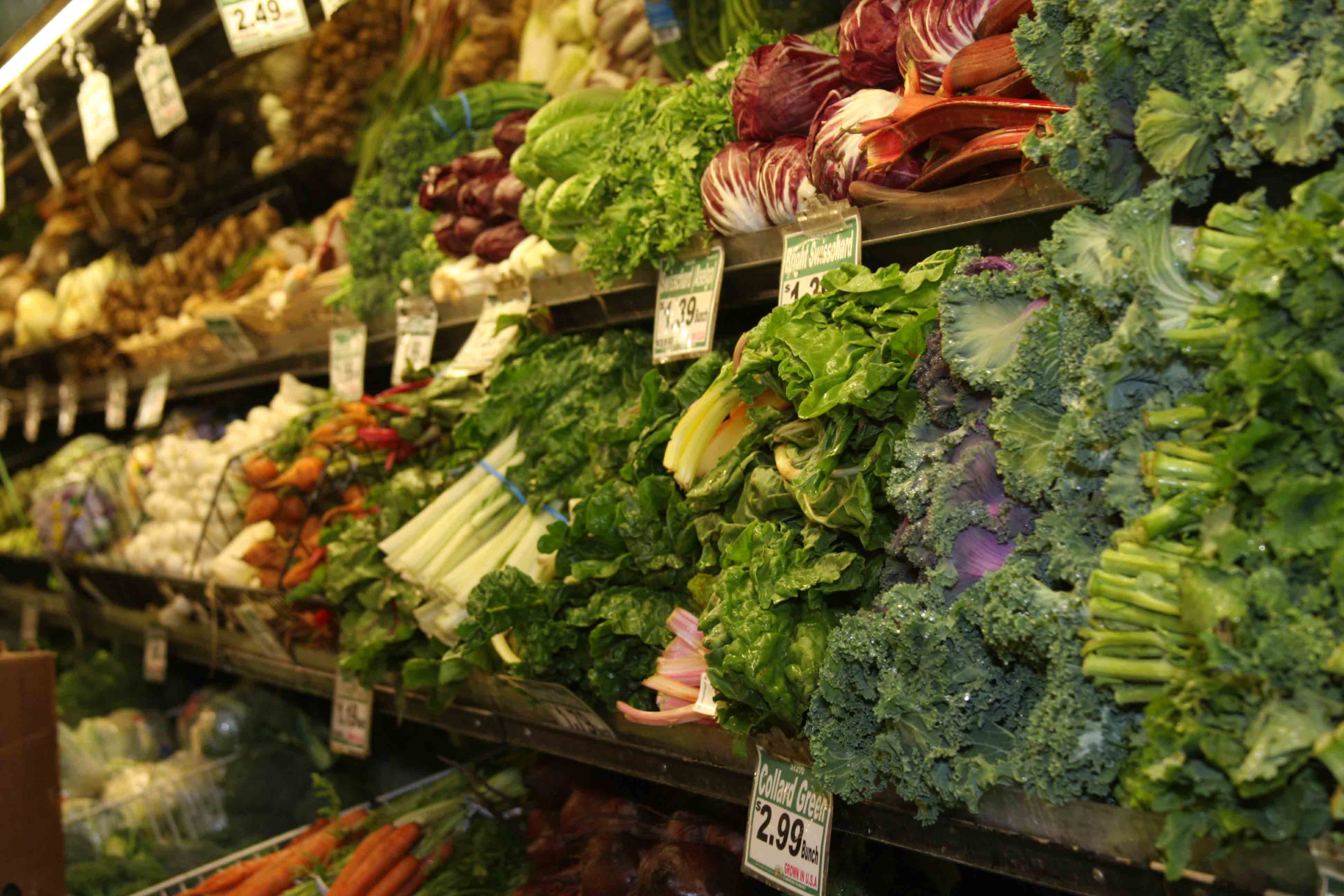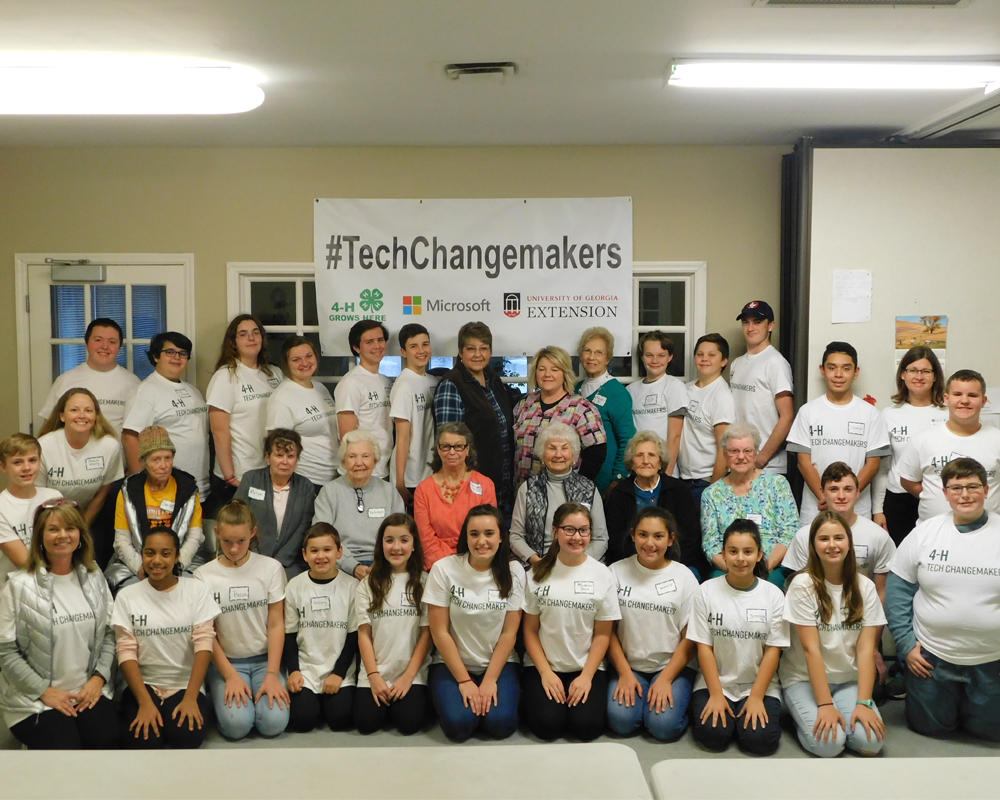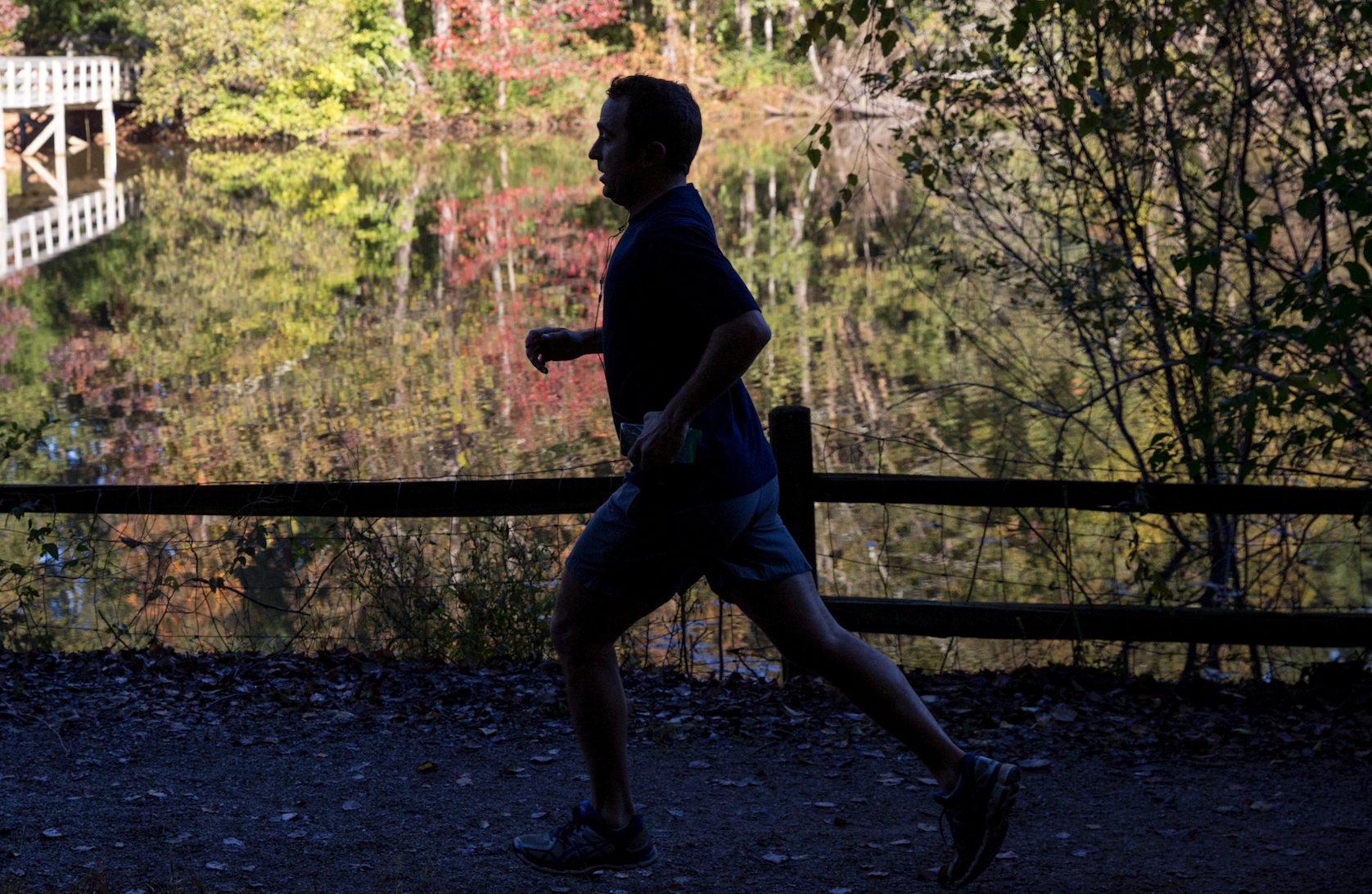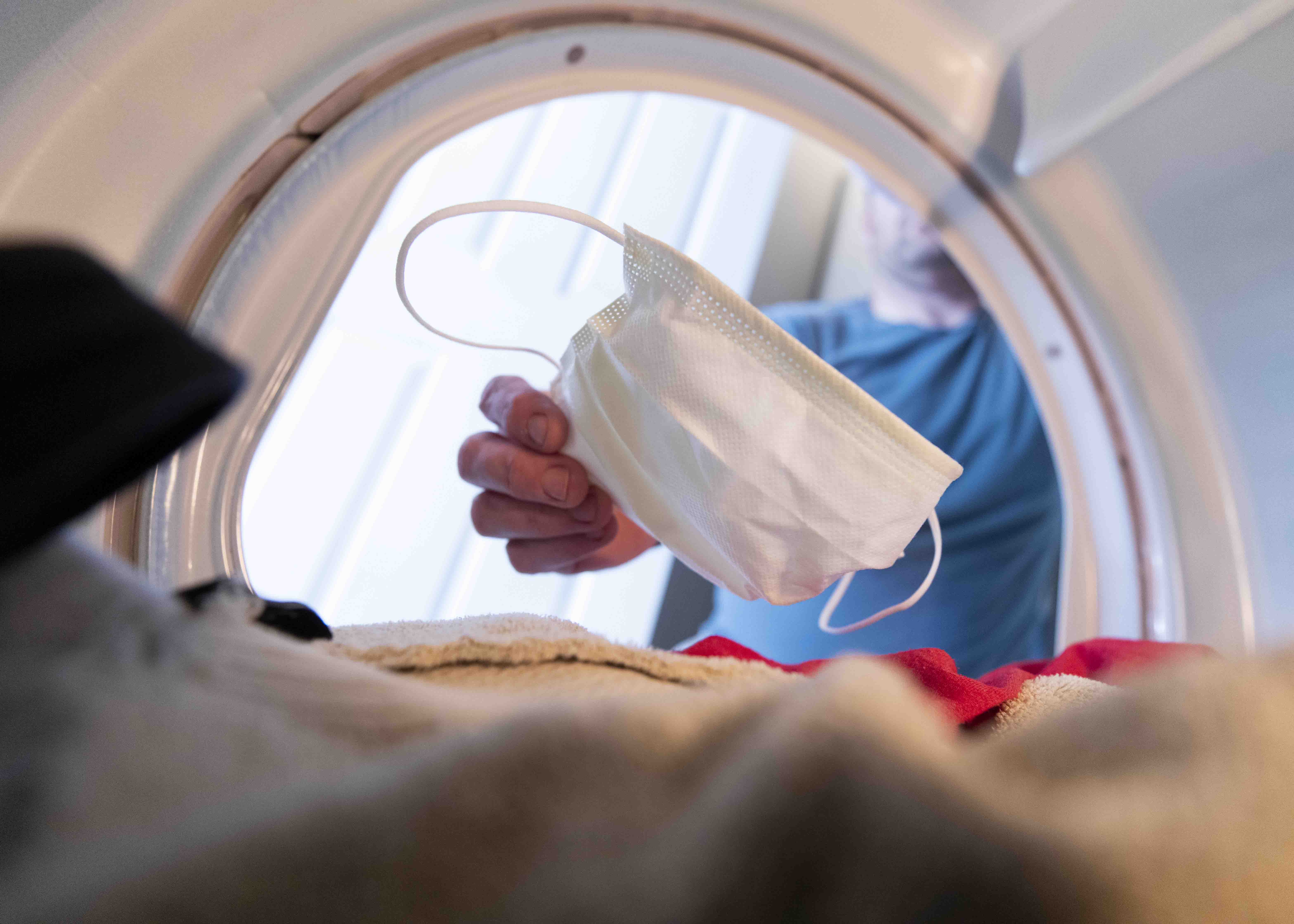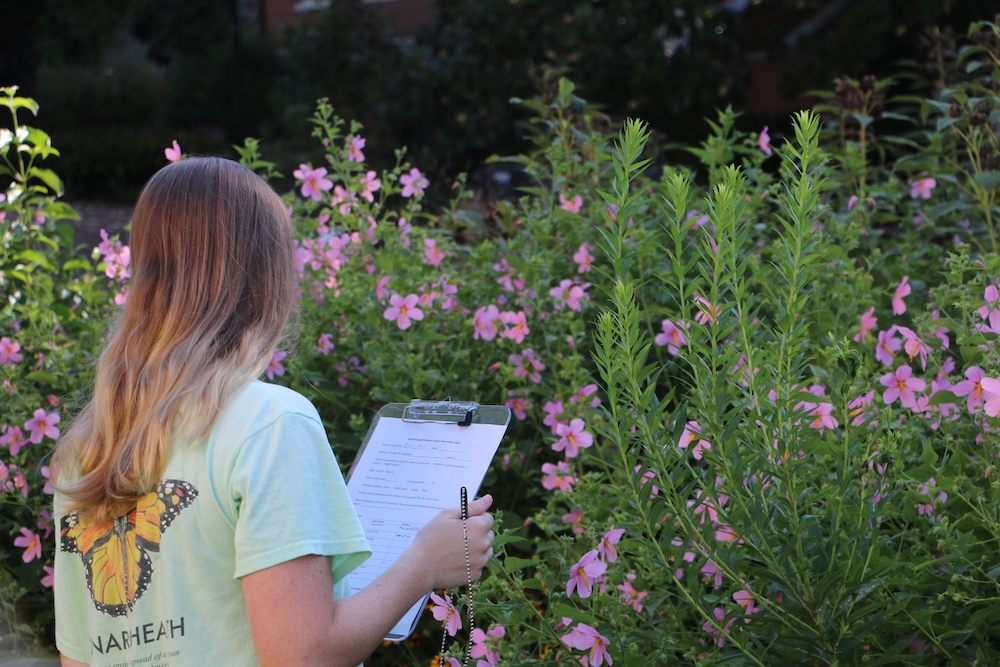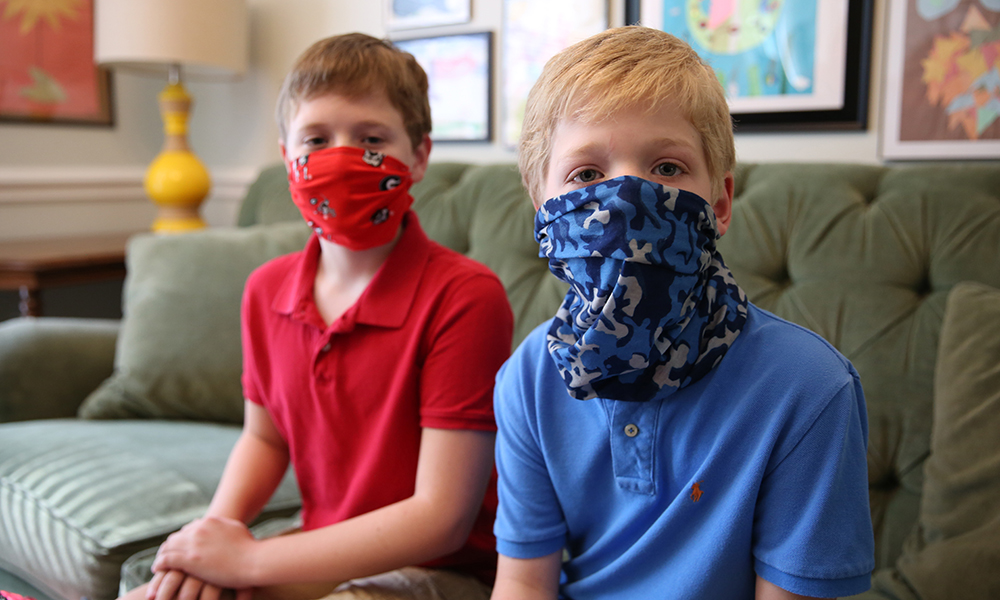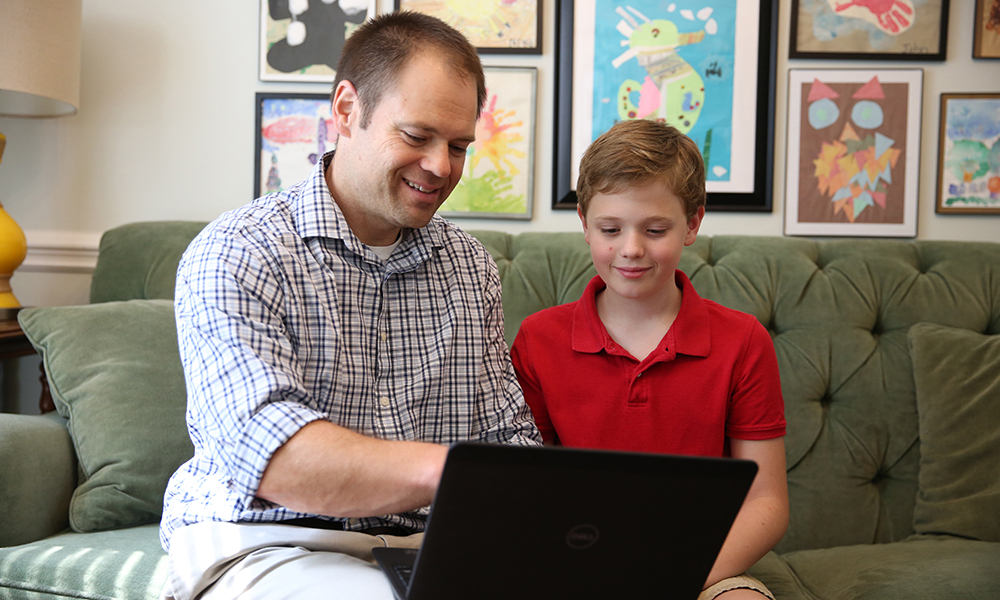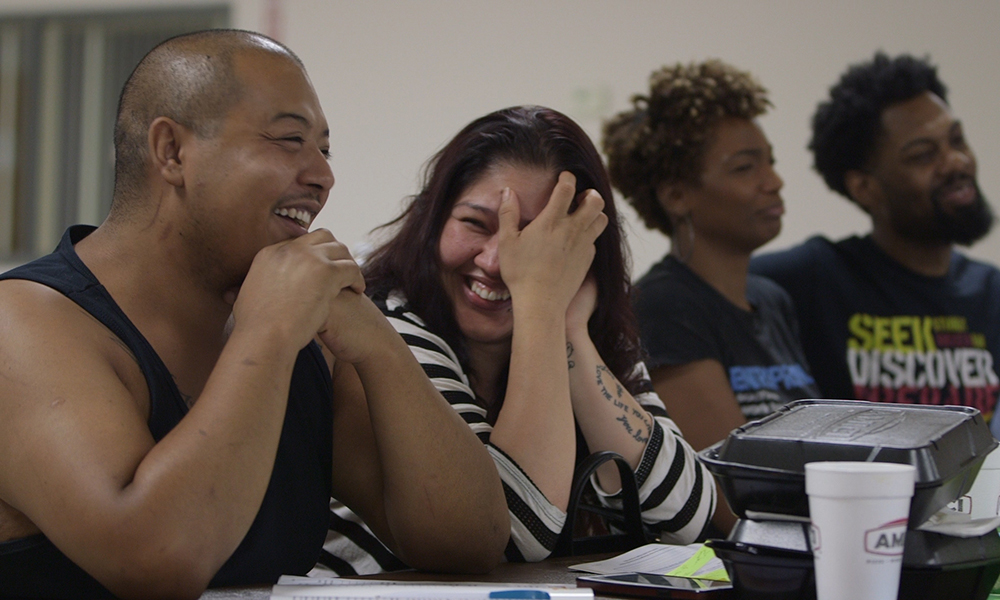 CAES News
CAES News
Federally funded project to aid Georgia couples
A team of University of Georgia faculty in the College of Family and Consumer Sciences aims to provide Georgia couples with healthy relationship skills and financial guidance with the help of a five-year, $6.2 million grant from the U.S. Department of Health and Human Services.

